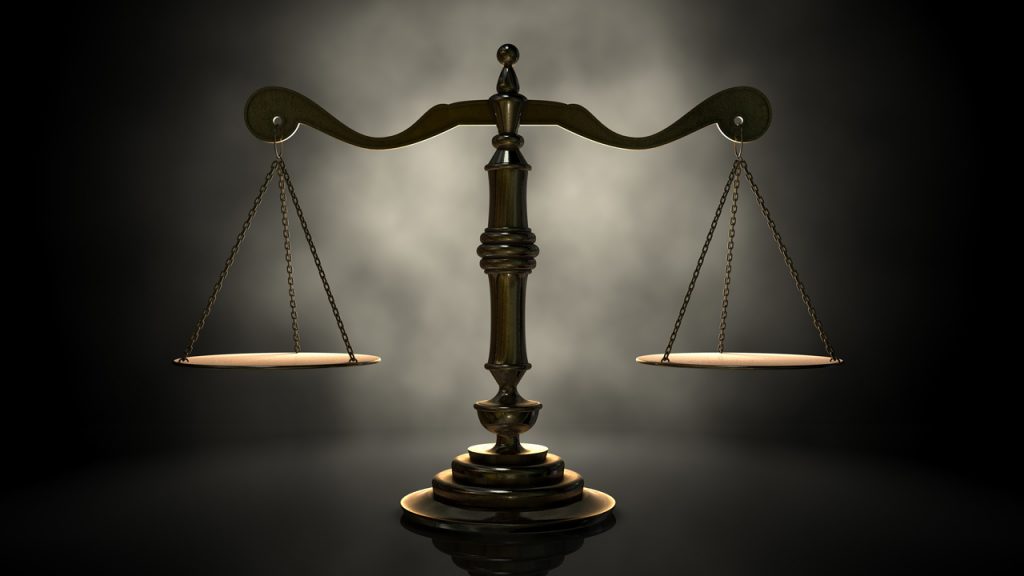You may be aware that assets such as property, pensions, investments, and savings all need to be handled within the case of a divorce. Furthermore, in the case of a divorce, the Court now considers any cryptocurrency to be part of the marriage pot of funds.
Cryptocurrencies can either be a very good or a very bad financial revolution. It has become a vital factor in matrimonial asset make-up, which might prompt the settlement being other than 50:50.
What is Cryptocurrency?
Cryptocurrencies are digital assets, a decentralised system that enables secure online payments. Any financial backer can buy digital money from well-known crypto trades like Coinbase or binance and applications like Cash App, or through specialists crypto trading platforms and wallets.
To put it another way, cryptocurrency is electronic money that may circulate without the need for a central money-related authority such as a government or a bank .All things considered, digital forms of money are made utilising cryptographic strategies that empower individuals to purchase, sell or exchange them safely.
Bitcoin is the most widely used cryptocurrency, but there are dozens of other options, such as Ethereum, XRP, Cardano and Dogecoin.
Cryptocurrency is seen as an investment, with 4.4% of adults in the United Kingdom owning this high-risk asset. This statistic may appear modest, buy bitcoin for instance has increased by more than a fifth in value in the past year alone, and the popularity of cryptocurrencies continues to rise as these coins gain significance. As a result, it is unavoidable that bitcoin will be used in a variety of financial transactions in the near future.
Is My Spouse Hiding Cryptocurrency During A Divorce?
Because of the rapid increase of cryptocurrencies and the corresponding rise in digital currency market prices, it has become normal for spouses to have hidden their digital assets during divorce settlements.
While renowned cryptocurrencies such as Bitcoin and Ethereum are simpler to trace, there are a slew of newer, more anonymous cryptocurrencies. These pose substantial hurdles and may be readily hidden.
Anyone who has the private key to a crypto asset has control over it. This “key” functions similar to a hard disc. It serves as a security pass that grants access to information about the assets kept.
One of the drawbacks of Cryptocurrency is that it may quickly change hands and fluctuate in value. The money has no physical presence or central record of ownership. Therefore it’s vital to figure out where it is and how much it was worth.
What issues may arise when dealing with cryptocurrency in matrimonial finance matters?
You and your spouse are legally obligated to offer complete and open financial disclosure in marital financial matters. Everything related to marital money needs to be reported, this includes any bitcoin holdings. The cryptocurrency’s worth would have to be established and taken into consideration for it to be included in the financial settlement
Furthermore, because cryptocurrency is unregulated, your spouse may try to conceal the assets by making a simple transfer. This is a tad difficult to monitor, it may be beneficial to hire a forensic specialist to track down any hidden cryptocurrencies so that the Court may include them in the marital settlement.
Lastly, the volatile nature of the crypto market should also be taken into account. It is constantly changing, making it impossible to accurately assess it in a divorce case. An investment may be worth £500 one day and £5000 the next. It makes it cumbersome to come up with a fair financial settlement because the situation can alter daily.
How Do We Track Down Secret Cryptocurrency Resources?
The initial step is to determine whether a life partner possesses or has recently held cryptographic money and if so, to obtain confirmation of the specific wallet address. It should allow legal experts to track exchanges from that location to several wallet addresses on a case-by-case basis, including the value of each transaction and any attribution information on the counterparties in question. It permits our family law solicitor to follow the cash trail and reveal what’s happening behind digital money exchanges.
If obtaining a wallet address is impossible, your ex-bank spouse’s articulations, or financial records, will be examined for any exchange activity or stores into trades. Passages connected to a digital currency trade (utilise for exchanging coins) or a digital currency ATM (which changes over cash into cryptographic money) can likewise be followed.
There might even be records of digital currency pay on past government forms. It might give the specialists adequate data to filter through the whole blockchain to pinpoint exchanges, including occasions, dates and qualities.
How Can Royce Legals’ Family Law Solicitors Help?
When it comes to the separation and division of a family’s assets. There are several practical complexities and challenges to crypto-assets that can be hard to understand. In this regard, Royce Legal can work alongside other crypto advisory services to help our clients understand asset valuations, how they might be liquidated and distributed to ensure this is actioned correctly and by legal protocols.
Once valuations are obtained the Court will examine how to share the crypto assets. In circumstances where there are sufficient assets, the Court may be able to balance one party’s portion of the Cryptocurrency against another marital asset. As mentioned, there is always the potential for inequity since the value of Cryptocurrency might fluctuate.Since all financial orders are typically made in full and final settlement, there is no opportunity to revisit this claim.
If you would like to understand how your cryptocurrency assets and investments may affect your divorce or family law case, or you have concerns about hidden assets, please feel free to call us on 01706 655-592 or contact us. Royce Legals’ expert family law solicitors will be happy to assist you.













